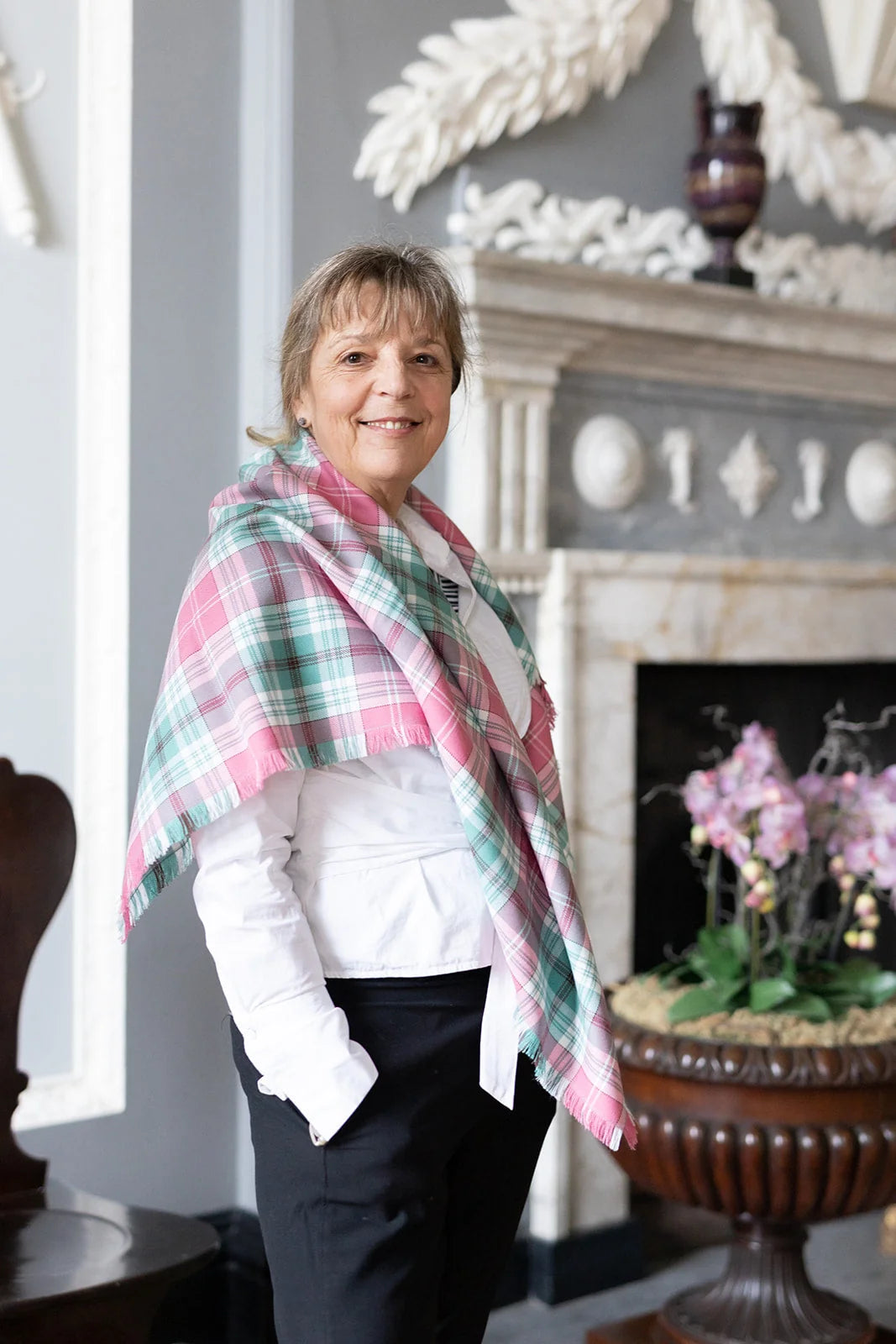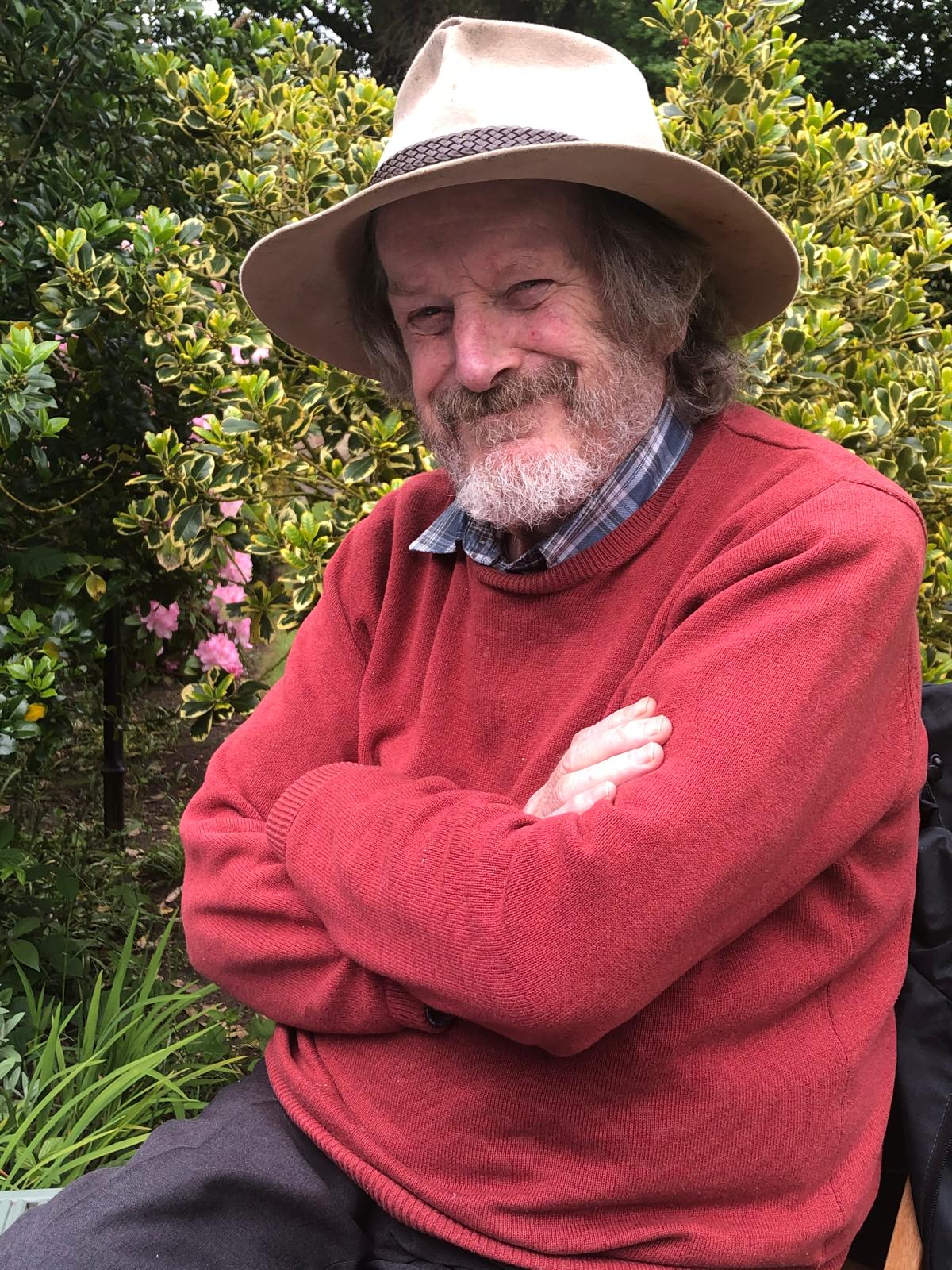
Meet the Team

Director
Hazel Smith
Starting out in community education 30 years ago, Hazel set up, developed and managed organisations and projects combatting exclusion and inequality working with third sector and public sector services and economic development agencies. Much of the work has focused on children, young people and women: managing Youth Agencies and Women onto Work in Edinburgh; working with the European Commission on research and development projects that promoted women’s and young people’s participation in education, enterprise and employment.
7 years ago, after a stint volunteering in rural Senegal with women and children’s charities, she returned to Scotland and set-about developing social enterprises that supported women and families. One of those enterprises has won numerous awards for promoting egalitarian values and empowering vulnerable women to be leaders in their lives and communities. She is a former Board Member of a number of charities working on behalf of women, children and other disadvantaged groups and currently holds a public appointment with the Scottish Children’s Reporter Administration.
Hazel is a former care-experienced child and young person and someone whose career path has primarily focused on working with disadvantaged groups and communities. That commitment was informed by her first 18 years in care; starting out youthwork in her late teens through to setting-up and managing local, regional and national initiatives that focused on equality, inclusion, wellbeing and care for those who are most vulnerable, including our children and young people.
She is currently developing a legacy of 130 registered tartans, including the “Tartans for Africa Collection,” bequeathed by a talented philanthropist, David McGill – under the banner of Tartans for Social and Humanitarian Good.

Founder
David McGill
The Beginning
Back in 1997, while working as a chartered architect on tourism and hospitality projects in Midlothian, David was commissioned by the local authority to establish a theme or brand for the area. Inspired by his reading of Walter Scott’s biography, and Scott’s legendary use of tartan pageantry during King George IV’s 1822 visit to Scotland, David found himself drawn into the fascinating, and often misunderstood, history of Scottish tartans. In his research he discovered that many designs believed to be “ancient” were, in fact, much more modern than assumed. With encouragement from Keith Lumsden, archivist of the Scottish Tartan Society, David set about designing the Midlothian Tartan. The colours - gold and green for agriculture, black for coal - were drawn from the area’s history and landscape, creating one of the first modern district tartans.
Designing Heritage
The Midlothian design led to further district tartans, including those for Lanarkshire, Fife, West Lothian, Renfrewshire, Dunbartonshire, East Lothian, Berwickshire and the Borderlands. Soon after, David expanded into designs inspired by Scotland’s most iconic places and titles. Among these were the Queen of Scots Tartan, marking the reinstatement of the Scottish Parliament in 1999; the Rosslyn Chapel Tartan, created in collaboration with local volunteers; and the Loch Lomond Tartan, which went on to support fundraising for The Children’s Hospice Association. Each tartan was carefully researched and designed to reflect both the heritage and natural landscape of its subject, continuing the tradition of tartan as a symbol of place, story, and identity.
International Connections
From 2004 onward, David ventured into National tartans. He created the Norway Centennial Tartan in 2005, celebrating 100 years of independence, followed by designs for Denmark, Sweden, Finland, and Iceland, each gifted to their monarchs and political leaders. Soon after, Scotland’s partnership with Malawi inspired the first African tartan, which grew into a wider initiative of creating tartans for over 25 African countries, supporting identity, fundraising, and community enterprise. Since the first Midlothian registration (number 2446) through to the most recent (13,912), David’s work has contributed to the living language of tartan - a tradition that continues to evolve, connect cultures, and tell new stories.
Looking to the future, we will take this legacy forward in a way that honours David’s passion for celebrating culture and supporting equality and the common good.
